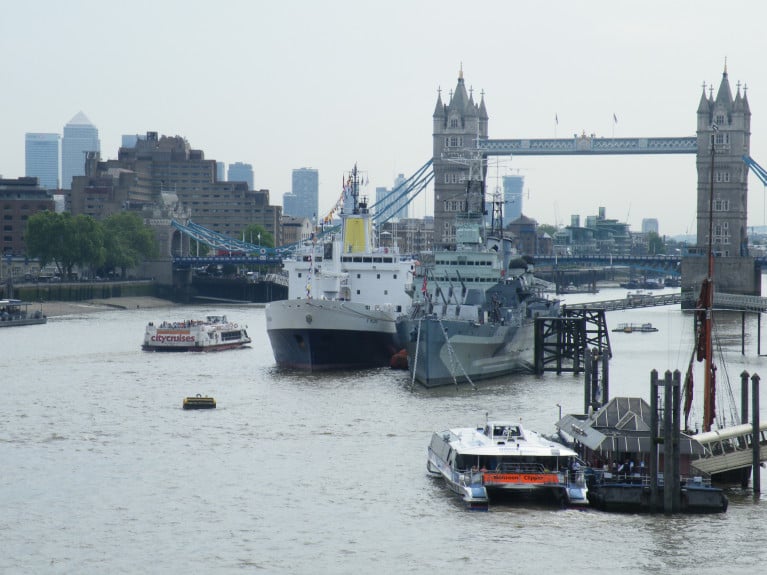Displaying items by tag: Shipping Conference
IMDO at London International Shipping Week (LISW21)
The Irish government's development, promotional and marketing office for the shipping services sectors, the IMDO is among the sponsors of the high-profile biennial London International Shipping Week, writes Jehan Ashmore.
The Irish Maritime Development Office (IMDO) sponsor role in the premier global and maritime event week (13-17 Sept) is where the LISW21 provide an opportunity for the international and UK maritime community to get back together again. This time face-to-face and for the first time since the COVID-19 pandemic started.
During LISW's 'must attend ' events, this will offer up to 250 in-person, hybrid and virtual industry functions and unique networking opportunities for leaders across all sectors of the international shipping industry and the UK shipping industry. Take a click here for conference speakers and panelists.
Among the events Afloat has consulted is the Coastal Shipping Seminer, to be held tomorrow, Wednesday, 15 Sept. Attendees will gain new insights into coastal shipping and understand how to revolutionise the green supply chain. To register this British Ports Association seminar, click this link for the event attended by ports and shipping operators.
As for the high profile LISW21 Conference (also tomorrow) this is to take place at the International Maritime Organization’s (IMO) headquarters on the Thames along Albert Embankment in central London.
In addition a glittering black tie Gala Reception and Dinner held aptly in the National Maritime Museum downriver in Greenwich is on Thursday, 16 September. This key event will attract the very highest-level from the UK government and shipping industry leaders across the UK and from around the world.
For further details of LISW21 there is the Official Event Guide (click to download) which is packed with information on this year’s premier global shipping and maritime event.
The events (calender) will be held by international shipping and marine trade associations and the UK Government, as well as by official sponsors of the week.
Both face-to-face and virtual events will take place, and seamlessly be blended via the dedicated LISW21 Portal. To access the portal and register for free online events click here.
During the week of LISW, a daily breakfast morning news programme is podcast from 7am




























































